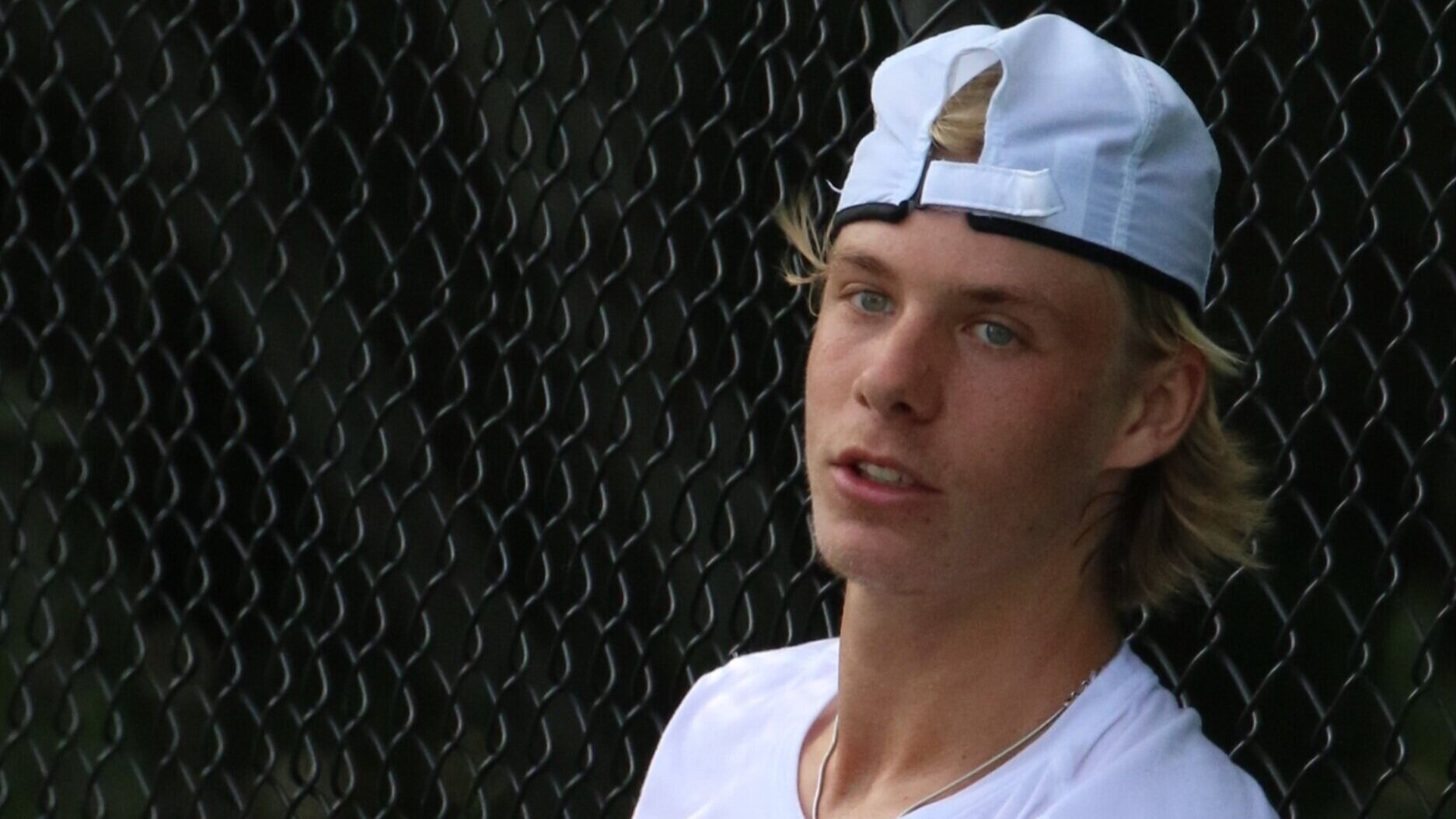After stepping out of my comfort zone, my life began to change.
Growing up, I was that shy kid who sat at the back of the classroom in school, hoping the teacher would never call on me to answer a question. Social interactions with anyone outside of my family and close friends used to terrify me to the point where I would actively avoid them all together. This became a huge barrier for me, particularly in my late teenage years when I began thinking about my career path.
I have always been a very hard working individual who possesses a go-getter mentality, but I knew I had to improve my social skills and self-confidence if I wanted to achieve my goals. Ever since I was a kid, having a lifelong career as a tennis coach has been my dream, especially after playing competitively for many years prior. I wanted to use my passion for the sport to help other players reach their full potential. That said, I had decided that my love for tennis overpowered those social barriers that I had placed upon myself, so I actively made a choice to pursue my desired career path with the hopes of gradually breaking out of my shell.
Pushing myself out of my comfort zone was the best decision I ever made because it completely transformed me as a person. Through coaching, I have gained so much more confidence in myself to the point where being in a leadership role and constantly communicating with others comes naturally to me. Due to this, I have been able to build meaningful relationships and do my job to the best of my abilities each and every day. As humans, we can do anything we put our minds to. For me as a coach, it is important to instil that same belief in my students while helping them achieve their tennis goals.
Striving for self-improvement while staying authentic in my teaching style and approach has always been crucial for me. I wholeheartedly believe that the desire to better myself every day by actively learning more about my profession on and off the court is what drives the improvement. Also as coaches our actions, behaviours and values have such an enormous impact on our players. If I expect my players to put in the work, then it is important for me to hold myself to a high standard and set a positive example by doing the same. As Serena Williams’ coach, Patrick Mouratoglou said, “As a coach, be obsessed with improving, and develop your skills as you expect your players to do the same for their tennis.”
Being a coach has also taught me that no matter where I am in my journey, the learning never stops. With coaching or any other profession in life, the goal is not perfectionism; the goal is to have a constructive mindset that allows you to use each experience as a stepping stone to improve. In addition to this, coaching has reminded me to cherish every moment spent on court; to always have fun, smile, and spread positivity. Like we teach our players, it is important to always remind ourselves that the reason why we started pursuing tennis in the first place is because we love it.
Now, it is hard to imagine my life without coaching. It has shaped me into the person I am today, and I am forever grateful for all of the life lessons it has taught me so far. I am very much looking forward to all of the future lessons I will learn on this incredible journey.














